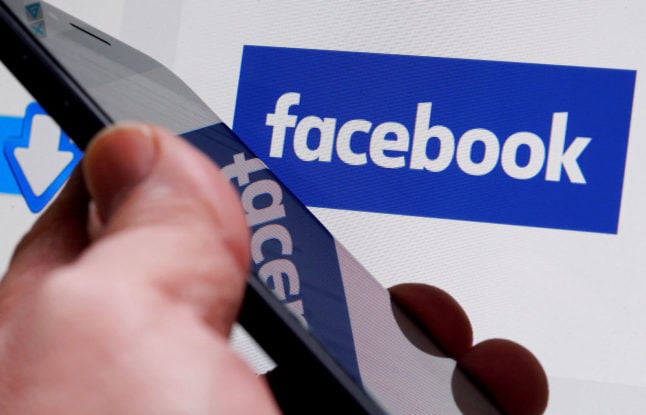The controversial judgement is a victory for the Visual Copyright Society in Sweden (Bildupphovsrätt i Sverige – BUS), which sued Wikimedia at Stockholm District Court for publishing photos of Swedish public sculptures and other public artworks without first getting permission from the artists.
“We are naturally very disappointed,” Wikimedia's Swedish operations manager Anna Troberg told The Local after the supreme court gave its guidance to the district court.
“We view this as an anachronistic and restrictive interpretation of copyright laws. It also runs counter to recommendations from the European Court of Human Rights.”
Wikimedia is the group behind the free online encyclopaedia Wikipedia. It has created a vast online knowledge repository by allowing members of the public to group-edit entries and upload pictures to its pages for educational purposes.
In its judgement the supreme court affirmed that Swedish copyright law does permit members of the public to take pictures of public artworks. But, the court said, “it is different when it’s a database where artworks are made available to the public to an unlimited extent without copyright-holders receiving any remuneration.”
“A database of this kind can be deemed to have a commercial value that is not inconsiderable,” the supreme court said in a statement.
“The court rules that the copyright-holders are entitled to this value. It is not relevant whether or not Wikimedia has a commercial aim.”
Wikimedia’s Anna Troberg said the group would now consult its lawyer and its parent foundation in the United States before deciding what action to take.
“Our priority now will be to re-shape the debate, because clearly this is an outdated judgement. It is in no way in tune with the times that somebody should face legal repercussions for taking photos of public artworks that we have all paid for with our taxes.”



 Please whitelist us to continue reading.
Please whitelist us to continue reading.